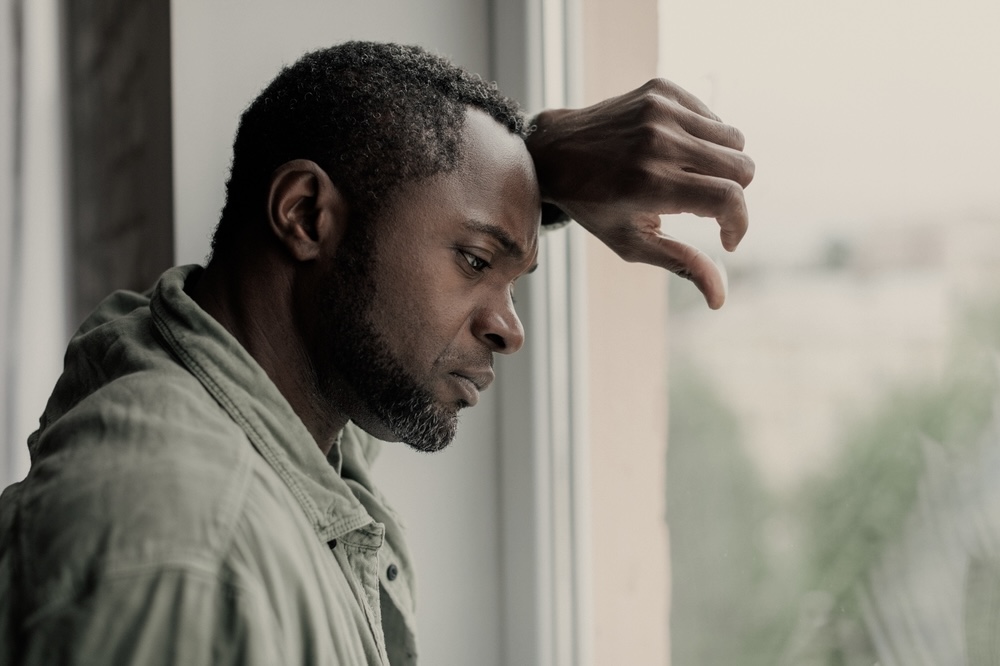With states like California legalizing marijuana, it’s never been easier for people to purchase and consume this popular mind-altering substance. But as marijuana use has increased, so too has the number of those experiencing marijuana abuse or developing cannabis addiction.
If you or someone you love is struggling with marijuana abuse and its negative impact on your physical or mental health, there are effective ways to seek treatment. Keep reading to learn more about substance use disorders linked to marijuana and how specialized marijuana treatment can help you regain control of your life.
Can You Be Addicted to Using or Smoking Marijuana?
Many believe the myth that marijuana, derived from the cannabis sativa plant, isn’t an addictive substance. Yet, clinical evidence reveals this isn’t true. Research suggests that frequent marijuana smoking contributes to marijuana dependence, with around 10% of users developing a physical withdrawal or mental dependency over time.
Symptoms of substance abuse such as decreased appetite, mood impaired coordination difficulty, and cravings often characterize marijuana withdrawal, underscoring the need for professional care. Medical marijuana, despite its benefits for some, can still lead to marijuana use disorder if used improperly or excessively. Using marijuana regularly in combination of other drugs can also increase the risk of drug abuse.
Even without a physical cannabis dependence, chronic marijuana use can result in significant mental health problems like anxiety, depression, or even mood disorders. These mental health conditions or mental disorders can make it much harder to stop using marijuana, particularly when the drug’s intoxicating effects impact your central nervous system and brain cells.
How Do You Identify Marijuana Addiction?
It can sometimes be challenging to determine if your drug use has escalated into an addiction. Consider these questions to help identify marijuana addiction:
- Do you often smoke alone or regularly throughout the day?
- Do you feel ashamed or secretive about your marijuana habits?
- Do you need to get high before facing responsibilities like work or school?
- Have you failed attempts to quit on your own?
- Are you spending money on marijuana over other priorities?
If you answered yes to any of these, you might benefit from exploring inpatient treatment programs or outpatient treatment tailored to marijuana dependence. Reaching out to a professional service can give you clarity on the next steps to seek treatment successfully.
How Does Marijuana Addiction Treatment Work?
Getting professional help for marijuana users typically involves three critical phases, combining cognitive behavioral therapy, contingency management, and other evidence-based approaches to ensure a comprehensive recovery plan.
Detox Phase
A core part of treatment, detox focuses on managing physical withdrawal symptoms like anxiety, irritability, insomnia, and cravings. Empirical methods and medications can ease withdrawal symptoms for users transitioning off marijuana.
Rehab
This phase implements tools like cognitive behavioral therapy to address the root causes of addiction. Through coping skills training and activities like group sessions, many patients build the emotional strength needed to prevent relapse.
Holistic therapies, designed to tackle mental health problems resulting from marijuana use disorder, can also be beneficial during this time. For instance, addiction can weaken the immune system, increase risks of lung infections from marijuana smoke, and exacerbate preexisting mental illnesses.
Aftercare
The aftercare phase prioritizes long-term recovery. This may include living in a sober home, participating in support groups, or continued therapy sessions. Programs within this stage aim to solidify the coping skills learned in earlier treatment and ensure those battling substance use disorders can reintegrate into their lives effectively.
Scientific studies, paired with practice frameworks like the diagnostic and statistical manual, help clinicians develop strategies to address both the health risks and societal impact surrounding marijuana dependency.
Frequently Asked Questions About Marijuana Addiction Treatment
To help ease concerns about starting treatment, here are answers to common questions:
Is Marijuana Treatment Only for Severe Addictions?
No, professional care helps a wide spectrum of users. Whether you’re at the beginning stages of dependency or managing a more severe case, outpatient treatment and inpatient treatment options can be customized to fit your needs.
Are Withdrawal Symptoms Part of Cannabis Use Disorder?
Yes, they include increased irritability, insomnia, anxiety, and loss of appetite. These symptoms occur because marijuana impacts the chemical compounds in the brain and body, leaving users to feel off-balance without it.
What Role Can Family Members Play?
Family members are crucial in offering support. They often participate in therapy or education during treatment to help create a stronger network for the individual. By understanding the negative consequences of addiction and effective ways to assist, loved ones play an active role in recovery.
Can Medical Cannabis Lead to Addiction?
Though medical cannabis plant is used as a treatment for some medical conditions, it remains an addictive substance for certain individuals, especially if consumed outside prescription guidelines.
Treatment for Marijuana Use Disorder in Lake Forest, CA
Whether you’re navigating the consequences of illicit drug use or struggling with marijuana post-legalization, professional help is available. Treatment methods rooted in simplicity can help restore your well-being, while personalized support ensures you’re set to thrive post-rehabilitation.
If you’re ready to leave behind the grip of marijuana dependence, don’t wait. Reach out to a treatment specialist experienced in tackling the effects of marijuana and its influence on both the mind and body. Together, we can prioritize health while pursuing your recovery.





